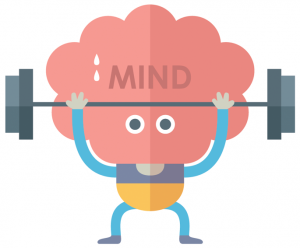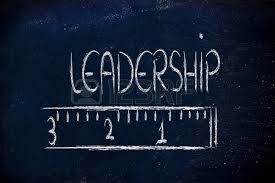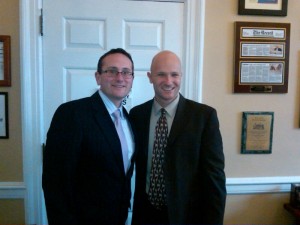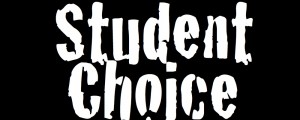Be the change you want to see in the world – Gandhi
For school leaders, it is imperative to be the change you want to see in your school. As we become more engrossed in the 21st century, and understanding the changing nature of information, personalized learning, and preparing students for jobs that don’t currently exist (thanks Scott McLeod), school leaders need to be at the forefront.
Far too long, supervisors, principals, and superintendents have been engaged in compliance leadership…. Every new initiative or requirement that has been enacted by the various departments of education have fallen on the shoulders of the school/district leaders…. until now. Considering that 90% of the worlds information has been developed in the past two years, and technology has accelerated this change, we need to learn how to understand the benefits of being connected.
Here are a few reasons why it is crucial to be a connected leader:
- As opposed the previous (compliance leaders) connected leaders can model the way for their students, parents, teachers and community about digital citizenship, and digital responsibility
- Connected leaders can learn 24 hours a day 7 days a week in a personalized format. There is no more waiting…. You want it, you go get it
- It doesn’t take much time – For about 10 minutes a day, you can increase your understanding of what ever you want
- Professional Learning Network – the PLN can assist you with ideas, resources, and support as you grow and understand that you are not alone
- Tell your story – Spread the great news of your school or district through blogs, videos, and other web 2.0 tools.
As you model these practices, you will realize that the connected world is crucial to improving the learning environment of your school. The school community, after seeing you model this digital learning, and connection will be able to embark on a similar journey. Before you know it, you will see the change you wanted to see….
For more information about how all this can assist you, check out my new book Connected Leadership: It’s a click away.









